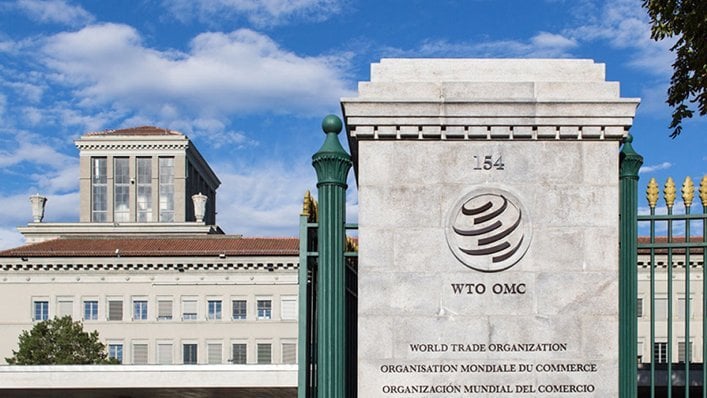News Flash
News Flash

DHAKA, Nov 13, 2025 (BSS) – The World Trade Organization (WTO), a Geneva based intergovernmental organization that regulates and facilitates international trade, has affirmed its commitment to providing robust support for Bangladesh as the nation approaches its scheduled graduation from Least Developed Country (LDC) status in 2026.
To this end, WTO Deputy Director-General Xiangchen Zhang outlined comprehensive measures and transition periods designed to mitigate potential market access challenges and secure the nation’s trade position.
“LDC graduation is a crucial priority for the LDC Group within the WTO. To ensure a smooth process, WTO members have taken two key steps over the past two years,” he said in an online interview with BSS.
First, he said, they encouraged preference-granting members to provide a smooth and sustainable transition period before withdrawing duty-free quota-free market access after graduation.
“Second, at the 13th Ministerial Conference, WTO members offered LDC graduates a three-year transition period to integrate WTO rules and to benefit from the LDC-specific technical assistance offered under the WTO's Technical Assistance and Training Plan. So, during 2026 – 2029, Bangladesh will have the necessary space to adjust to WTO rules and disciplines,” he added.
Mentioning that securing market access is critical, he informed, several of Bangladesh’s key trading partners have already committed to extended preferences.
“Specifically, trading partners including the European Union, China, Japan, and the United Kingdom, are providing a three-year transition period regarding market access,” he added.
Furthermore, he said, preferences granted to Bangladesh under its existing Regional Trade Agreements (RTAs) will continue.
The WTO encourages Bangladesh to continue reaching out bilaterally to other trading partners with the objective of securing duty-free quota-free market access for a sustained period after graduation, he added.
Xiangchen Zhang highlighted that the WTO has made available a number of tools to help Bangladesh adjust to the evolving trade conditions post-graduation.
“Should Bangladesh face challenges in complying with specific WTO rules, it has the option to request a waiver. Alternatively, if implementation difficulties related to a particular WTO provision arise due to graduation, Bangladesh can raise the challenge in the relevant WTO Committee,” he added.
The WTO DDG also highlighted that a variety of demand-driven technical assistance programmes are available to aid Bangladesh in implementing WTO rules once it transitions out of LDC status.
Looking ahead, he said, the LDC Group is currently exploring further steps that WTO members might take at the upcoming 14th Ministerial Conference (MC14) to ensure a comprehensive and smooth transition for all graduating LDCs.
This ongoing exploration underscores the WTO’s commitment to facilitating the successful integration of emerging economies like Bangladesh, he added.